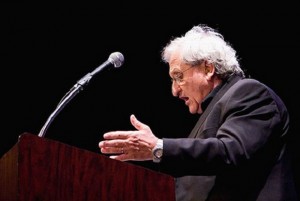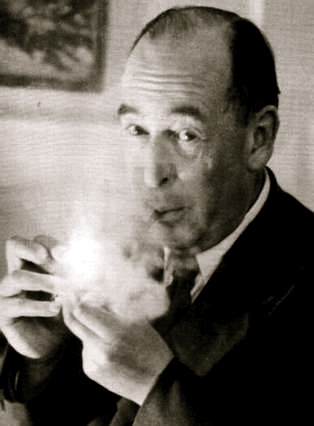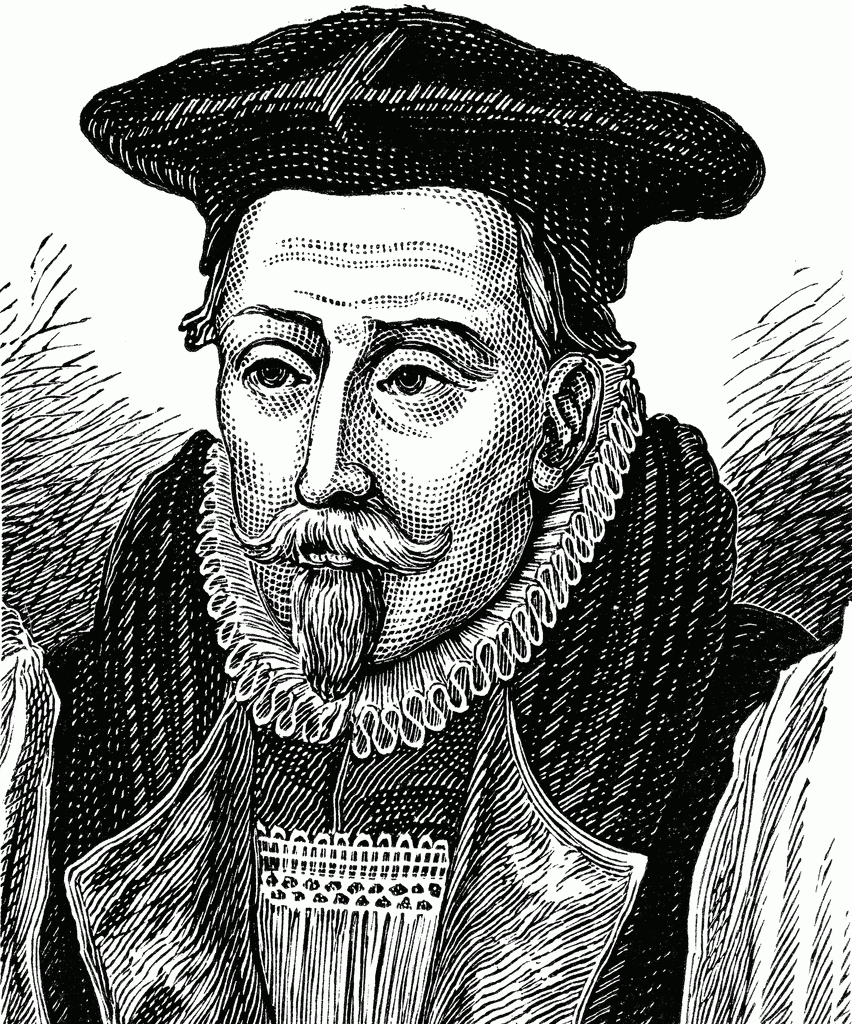
Tablet Magazine – A.B. Yehoshua Calls American Jews “Partial Jews”
A collection of American students shrug him off
By Tal Kra-Oz|February 19, 2013 12:31 PM|Sunday afternoon at an auditorium in Jerusalem, A.B. Yehoshua, one of Israel’s most famous novelists, walked up to the podium, smiled at the several hundred young Americans in the audience and said, “I’m happy to see so many Americans here. I hope you all become Israelis and don’t return to America.”Those Americans, currently volunteering or studying in Israel, were all attendees of the Avi Schaefer Fund’s 3rd annual Jerusalem Symposium on “The Meaning and Purpose of Israel as a Jewish State.” Yehoshua’s greetings, which were not tongue-in-cheek, seemed at first to run afoul of the conference’s objective of energizing young American Jews.
This is a very interesting story to me for a number of reasons. When I taught Jewish Studies on a regular basis several courses would lend themselves to asking this question: what makes one a “real Jew”? For Yehoshua it means being an Israeli. Lately I have been thinking about this question again with regards to the Book of Esther.
Everyone knows that the Book of Esther does not mention God directly, but it has not been noted (so far as I can tell, but stay tuned for my SBL paper this fall!) that religion is not present in Esther either. 1Fasting I take to be so suffused in ever culture that it is not indicative of religious practice. I am currently wrestling with that question, why is all religious practice, Jewish or Zoroastrian, absent from the book of Esther?
Among the various possible roads of thought I have traveled is the possibility that Esther was written as a book by and for the Diaspora, Jews who have chosen not to return to ‘Eretz Yisrael. If we consider Ezra-Nehemiah, there is such a strong emphasis placed upon reestablishing the Temple (and genealogies, including banning and breaking exogamous marriages) could it be that Esther is a kind of response to that attitude? Perhaps it is an attempt to consider how a “good Jew” would live their life in the Diaspora, without Temple and priests. We know that many Jews in Mesopotamia did not return to Judah when the opportunity was provided 2Although Gary Knoppers pointed out to me that there is no real evidence that Nehemiah or Ezra actually settled in Jerusalem, but presumably, in Ezra’s case, returned to his palace duties. and it is reasonable to believe that there would have been tension, just as Yehoshua exhibited in his talk on Sunday, between those who felt that it was the duty of all Jews to return to Jerusalem and those who were quite happy to remain where they were, thank you very much. Esther might have been a response to just such a debate.
- 1Fasting I take to be so suffused in ever culture that it is not indicative of religious practice.
- 2Although Gary Knoppers pointed out to me that there is no real evidence that Nehemiah or Ezra actually settled in Jerusalem, but presumably, in Ezra’s case, returned to his palace duties.




3 thoughts on “Does one have to be in ‘Eretz Yisrael to be a “real Jew”? (And what does Esther have to do with it?)”
Quote”..the Book of Esther does not mention God directly..”unquote
This is an interesting topic for me as Queen Esther is one of my favourite book in the Christian Bible. As a preliminary response i believe that God is mentioned several times during the communication between Esther’s Uncle Modercai & Queen Esther. At the time the Jews were being decreed to die by Haman it was Modercai that sent an urgent message to Esther saying that if as a Jew was not going to help by going to her husband the King then Help for the Jews will come from Heaven. This to my understanding is referring to God. I will give a better response in due course.
Actually a real Jew is a Christian – spiritual Israel. I know what you mean though. Don’t they teach if your mother is Jewish then you are. Which still doesn’t answer your question who is a Jew.
I am planning a post on my blog that I would like for you to read if you have a chance. It is an angle on human suffering that I have never heard. You will know if it has come up before. The thought was very helpful to me when I lost my dad. But some might not understand it as I did and might not find it helpful.
The post is up. It’s very brief if you have time. I appreciate your thoughts, even if you think I am completely off base. I found this take on the verse encouraging and hope it will be the same for you. May God grant you peace and comfort.